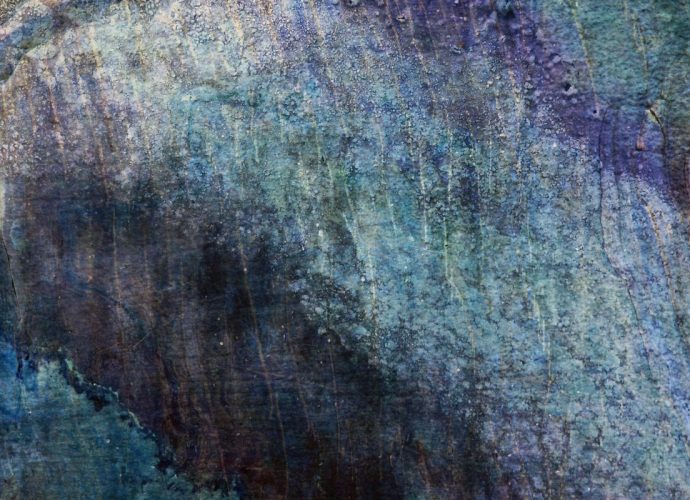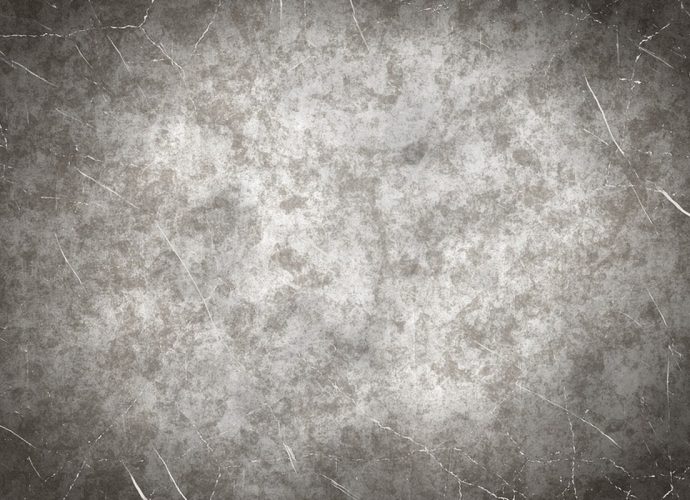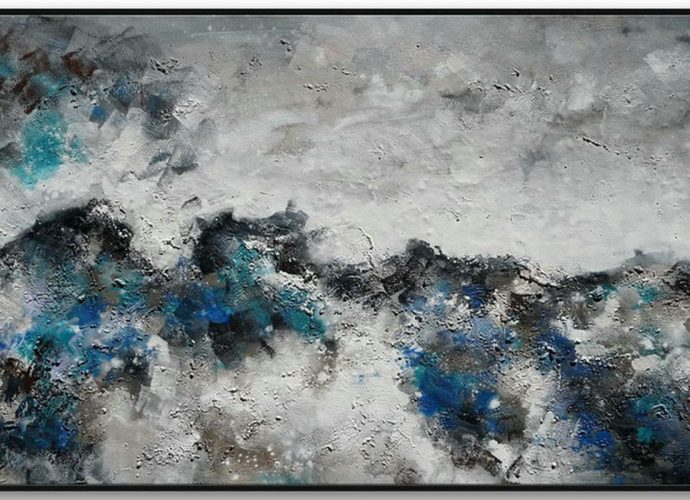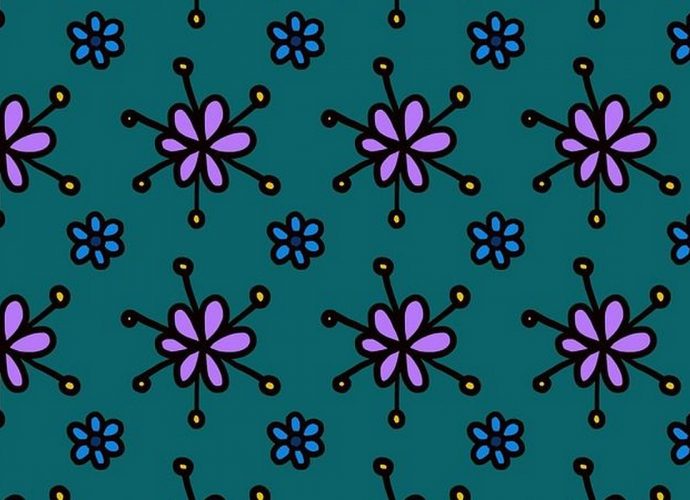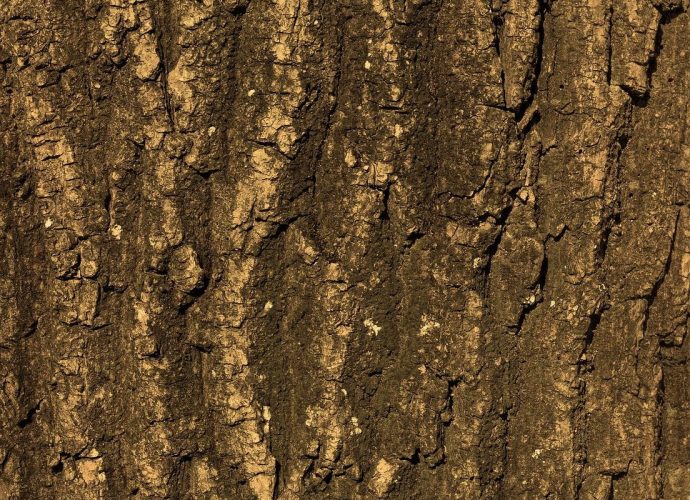Can Alpacas Get Sheep Lice?
Llamas and alpacas are affected by a wide range of neurologic diseases, including listeriosis, polioencephalomalacia, encephalitis caused by West Nile virus and equine herpesvirus, and meningeal worm. Do alpacas get biting lice? Biting lice are found at the base of hair shafts, close to or on the surface of theRead More →
